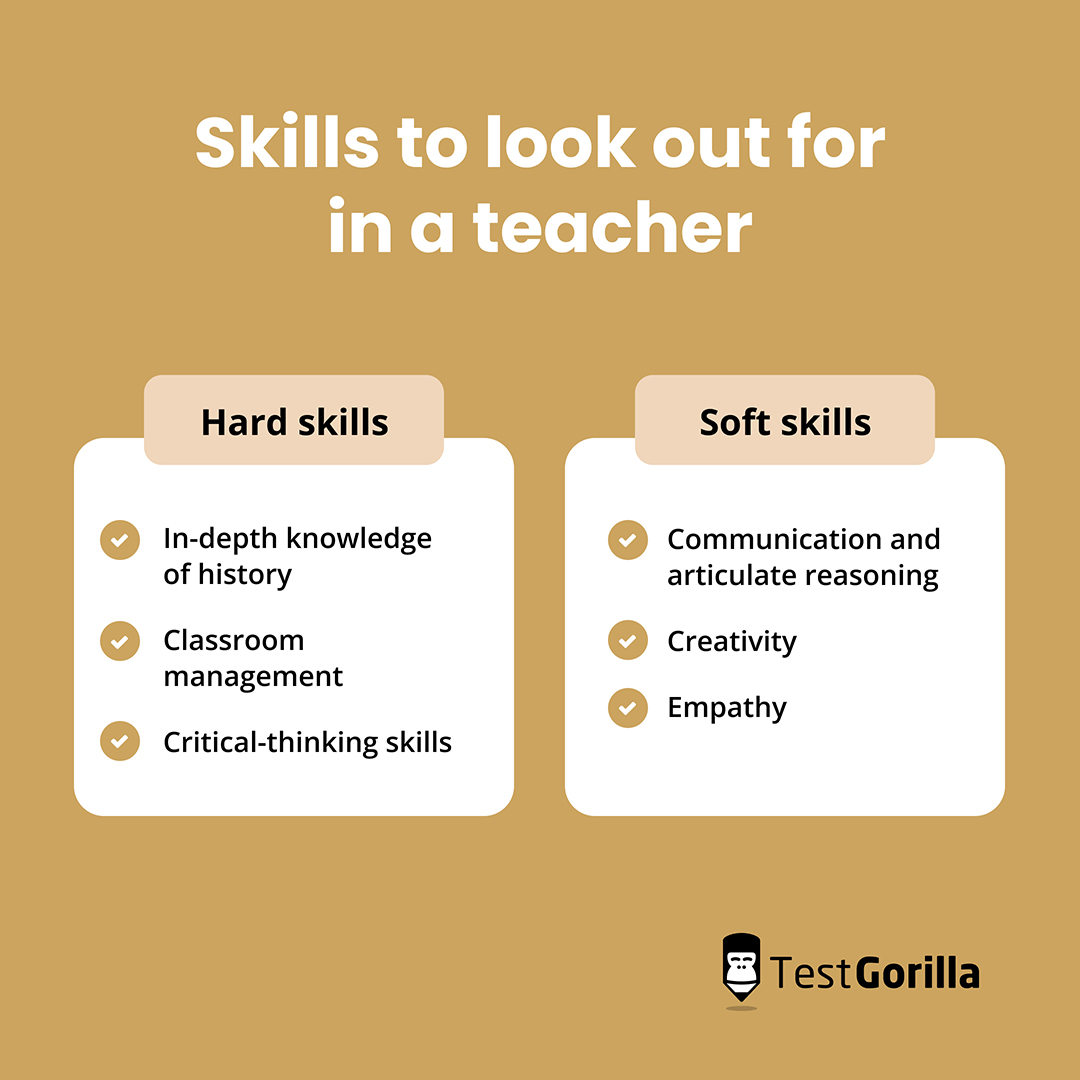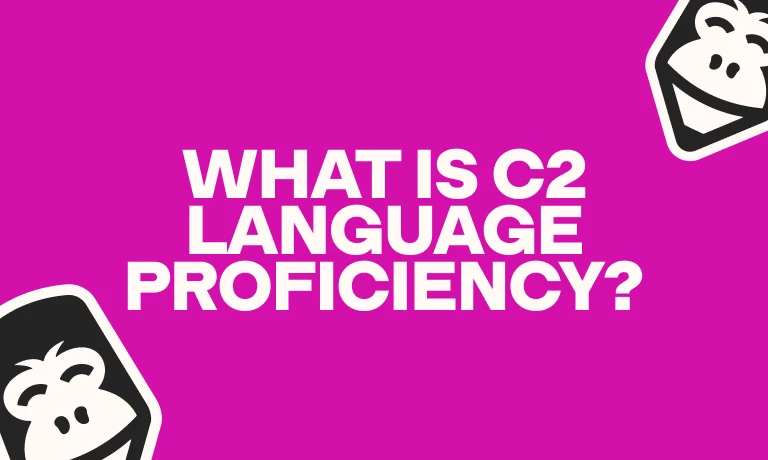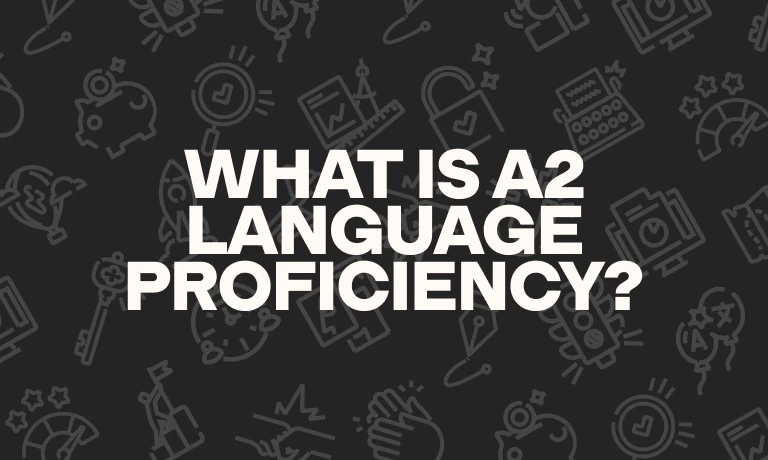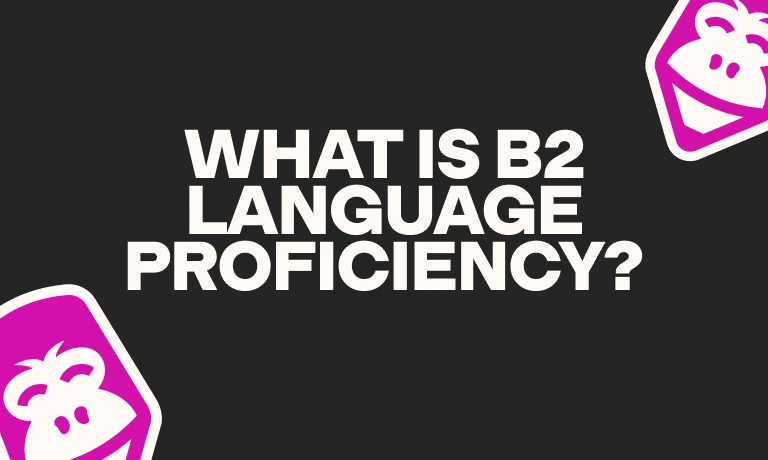Hiring new teachers for open roles in your school may be hard, in part due to the ongoing shortages in the United States and elsewhere.
As an administrator, you would benefit by leveraging a wide range of sourcing tools, such as teacher job boards, online platforms, and forums. Cast a wider net and consider recruiting across state lines and even from other countries.
Your hiring decisions will have a major impact on the quality of education your institution offers and on its drop-out rates and college admissions.
Irrespective of whether you’re hiring teachers for a public or private school, an adult education center, or a special training center, your students deserve the best educators who will provide them with the guidance and knowledge they need to succeed.
In this article, we’ll give you advice on how to structure your hiring process, what skills to look for, how to assess their skills, and where to find the best teachers.
Table of contents
- What’s the role of a teacher?
- What are the hard skills of a great teacher?
- What soft skills should a teacher have?
- How to test a teacher's skills?
- Teacher interview questions
- Where can you find skilled teachers?
- How much does a teacher cost?
- Teacher job description template
- Hiring a teacher is easy with pre-employment testing
What’s the role of a teacher?
In the United States and in other countries, teachers work across a wide range of institutions, where they seek to develop effective curricula and lesson plans to help students learn and develop skills within specific areas of knowledge.
Effective teaching requires more than simply knowing one’s subject; crucially, it’s built upon empathy and proficiency in various teaching techniques.
Students often have very different needs and approaches to acquiring and retaining knowledge, so identifying the most optimal methods for teaching is crucial. A great teacher is focused on helping students:
See the value behind the subject they learn and its actual practical applications
Broaden their horizons with the unique insights they accumulate
In most cases, teachers first need to obtain a college degree with a focus on preschool, elementary or secondary education. Some schools and universities may look for educators who have a master's degree, while others are satisfied with candidates who have a bachelor’s degree in their specific field.
What are the hard skills of a great teacher?
The hard skills a teacher should have depends mainly on the subject or subjects they teach. In addition, the ages of the students they work with play a role, too. For instance, an elementary teacher should have a wealth of knowledge across multiple disciplines, so that they can effectively cover a broad range of topics.
As an example, let's see what kind of hard skills a high-school history teacher would need:
In-depth knowledge of history: A qualified candidate should have a proven track record of teaching history to high school students and of helping them achieve good scores on standardized tests (such as the SAT). They should be well versed in major historical events, dates, and trends. Their knowledge should go way beyond the knowledge of trivia and events, and they should be aware of the global trends and patterns in civilizational development.
Classroom management: A history teacher should be able to set up the routines and processes that will help set the cadence of the learning process and empower students to think and work independently. They need to set clear rules and guidelines to provide structure and avoid any misunderstandings between the educator and the class.
Critical-thinking skills: A history teacher should be able to not only use critical thinking when reviewing and explaining historical facts but also help their students build analytical skills themselves. They should be able to train the students in chronological reasoning, interpretation, and cause-and-effect analysis.
These core skills form the foundation of a successful career in history education. A physics teacher, for example, will also need excellent classroom-management and critical thinking skills, but they’ll need to be proficient in physics instead.
Recommended reading: Discover 13 essential skills for school administrators.
The best insights on HR and recruitment, delivered to your inbox.
Biweekly updates. No spam. Unsubscribe any time.
What soft skills should a teacher have?
On top of their hard skills (which will be specific for each discipline), teachers need a wide range of soft skills to be able to build rapport with the class and resonate with their students.
Teaching calls for patience and an ability to connect with all kinds of students, be it in a high school, in an elementary school, or at an adult education center. Here are a few of the core soft skills that any educator should have:
Communication and articulate reasoning
Conveying information in a clear and concise manner is key when teaching others. A qualified educator pays attention to how the classroom receives their instructions and explanations and quickly adjusts their style to deliver the message.
Whenever students ask questions, an educator should be able to answer with an articulate response. In the absence of an effective discussion in class, students may become demotivated to ask questions and make efforts to learn.
Creativity
Any educator who strives to capture the hearts and minds of their students should seek to use a unique and creative approach to teaching.
A passionate and creative teacher will put their heart into each lesson and make the narrative more relatable to the students. In their efforts to develop new and more effective lessons, educators will gradually build up their own style.
Empathy
All students are different, and they all have their own preferences and unique learning styles.
An empathetic teacher always seeks to understand the emotions and feelings of their students and looks for ways to build trust and rapport. Additionally, they should know how to relate not only with students but also with other educators and the school’s administration.
Skilled educators will also be willing to go the extra mile and openly discuss the ways in which they can improve the quality of their work while working together with the entire institution’s team.
How to test a teacher's skills?
Instead of manually screening resumes or using AI to sift through them, consider inviting all applicants to take a pre-employment assessment. This helps you see the “hidden gems”, i.e. those educators who might not look like the best fit on paper but have great potential nonetheless.
There are several assessment tools you can use to hire teachers; our platform, TestGorilla, features 300+ scientifically-validated tests to help you find the best talent out there.
With TestGorilla, you can use up to five skills tests to build an assessment and qualify incoming applications with ease:
Leadership and people management: A great way to motivate applicants is to signal that there's a lot of room for growth in your school. Ask them to take this test that’ll show you how well they play ball with others. It'll also show whether they're able to teach students self-management skills by delegating important tasks to them. You'll see how effective they are in providing guidance and follow-up feedback to students.
Communication: This test helps you determine whether the teacher is a good communicator. You'll know whether they can provide instructions and guidance, and listen to their students’ concerns and pain points attentively. This test delves both into verbal communication and non-verbal cues. Candidates will also need to read a piece of information, identify the next steps, and deliver a concise summary.
Critical thinking: Dig deeper into your potential educator's skill set and use this test on critical thinking to see how well they process information and solve complex problems. In this test, candidates need to analyze information and make decisions and judgments. To succeed, they need to be good at identifying cause-and-effect relationships, interpreting sequences and recognizing assumptions.
You can also use personality and culture tests such as our Culture Add or Motivation tests to see whether applicants’ expectations and culture align with what your institution offers, or Jung's work-based 16 personalities test or an Enneagram test to gain a deeper understanding of their behavior and personality traits.
Identifying the best candidates doesn’t have to be hard. With the right combination of pre-employment tests, you can quickly identify the teachers in your talent pool who are worth more of your time and attention.
Teacher interview questions
Once you identify the best candidates with the help of skills assessments, you can invite them to an interview.
Some of the questions you ask will depend on the subject they teach, but there are general questions you can ask all educators to see whether they have the necessary skills to keep a classroom engaged and foster analytical thinking in their students.
Here are some examples of questions you can ask to find the best teacher for your institution:
How do you address the diverse learning needs and styles of your students?
Describe your process for creating lesson plans.
How do you make your subject approachable and engaging for students who might find it difficult?
How would you handle a student who is disruptive in class?
Can you give an example of a concept and explain how you would teach it?
How do you assess students' understanding of the material you teach?
How do you adapt your approach to students who are struggling?
How do you foster a positive and inclusive learning environment in your classroom?
How do you ensure diverse opinions are heard and respected?
What strategies do you use to encourage collaboration and discussion among students?
How do you handle a student's disruptive behavior?
How do you foster critical thinking and analytical skills in your students?
How do you approach working with students with varying levels of background knowledge and interest?
How do you incorporate project-based learning and research assignments into your curriculum?
How do you support English language learners or students with special needs in your classes?
For more ideas, check out our school counselor interview questions – you can use many of them to assess teachers’ skills, too.
Where can you find skilled teachers?
In the current conditions, you should act proactively and use campus recruitment strategies to get in touch with students majoring in the subjects of your interest.
You can grab their interest by inviting them to take a simple pre-employment assessment on TestGorilla. In this way, you'll weed out those that aren't on par and create a strong talent pool of future teachers who show high potential.
Another powerful move is to start investing more in your retention efforts. Make sure that you can identify the best ways to help your teachers develop their skills and continue growing.
In this way, you can set yourself up for success when building a referral program. Asking your current teachers to invite others to apply will be much more efficient if they aren’t planning to jump ship next year.
The best teachers will always seek to continue their professional development, so when hiring, make sure to highlight all the growth opportunities they'll have in your team.
Posting jobs on the "usual suspects'' like Indeed and LinkedIn might not yield a strong pool of candidates; the best teachers out there are highly sought after and unlikely to be actively looking for a job. Instead, go deeper and start building relationships on teacher-specific forums, chat groups, and other places where teachers meet up online and offline. There, you can network and connect with amazing talent.
And lastly, think locally. Go the extra mile and attend all job fairs and similar events where you can reach out to the local talent pool. With all the rules regarding state-specific certification requirements, it makes more sense to contract locally.
How much does a teacher cost?
According to Salary.com, the median annual salary of a public school teacher in the US is $57,000, with salaries ranging from $47,000 up to $69,000. The actual pay depends on the level of qualification, number of classes an educator will teach, the type and the location of the institution, and other factors.
Teacher job description template
Position: [Level and subject, f.e. "high-school history"] teacher
Location: [School name, location]
We are seeking a passionate [subject] teacher to join our team of educators.
The successful candidate will be responsible for delivering high-quality instruction designed to engage and inspire students, developing lesson plans that adhere to curriculum standards, and fostering a positive and inclusive learning environment that caters to diverse learning needs.
Responsibilities
In this role, you'll need to:
Develop lesson plans aligned with curriculum
Plan, prepare, and deliver engaging lessons that foster students' analytical thinking
Utilize various resources to enhance the students' learning experience
Assess and record students’ progress and provide grades and personalized feedback
Manage student behavior in the classroom and maintain discipline
Encourage and monitor the progress of individual students
Participate in school and parent meetings
Communicate information regarding student progress and needs to our educational team and to parents
Qualifications
For this position, you need the following skills and qualifications:
Bachelor’s degree in [relevant field]
[State] teaching certification/license
Proven experience as a teacher in a similar role
Strong knowledge of [subject] and its curriculum
Excellent communication and interpersonal skills
Strong organizational and classroom-management skills
Ability to build rapport with students, parents, and staff
Ability technology to enhance teaching
Knowledge of various teaching strategies and methodologies
Work hours
[Specify work hours if applicable, or state that it is based on the school’s academic calendar and weekly schedule]
How to apply
[Explain how to apply and mention your skills assessment process]
Hiring a teacher is easy with pre-employment testing
Irrespective of whether you are hiring a teacher for a high school or an adult educational institution, you can streamline the hiring process and lessen your workload by implementing a number of best practices:
Connect with teachers on teacher-specific forums and job boards
Seek to get in touch with young talent by using campus recruitment
Focus on candidates’ skills rather than resumes
Interview the best applicants to gain deeper insights into their abilities and knowledge
By inviting all applicants to take a skills assessment, you’ll be able to quickly see who's worth your attention and time. Get started today with TestGorilla’s free plan.
You've scrolled this far
Why not try TestGorilla for free, and see what happens when you put skills first.















